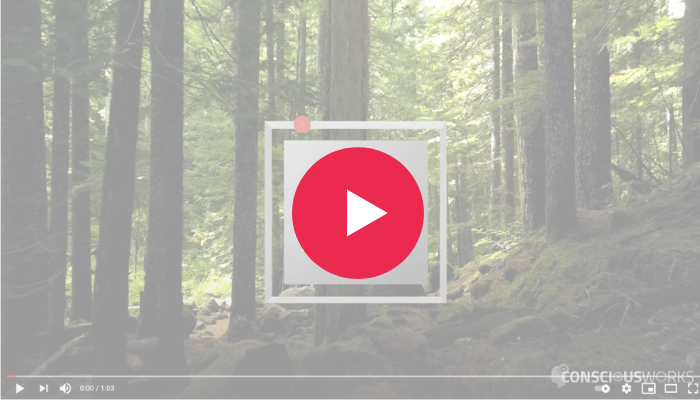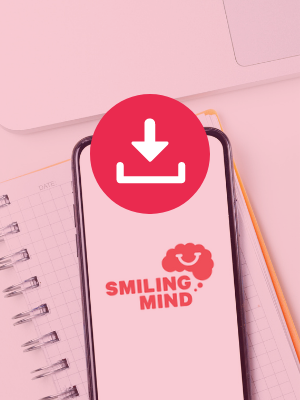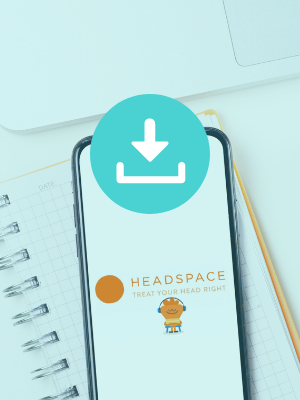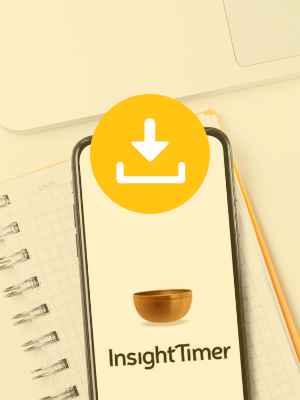Welcome to your MCI Wellbeing Blog for October!
This month we are talking about Anxiety.
First of all what is anxiety?
Well we’ve all experienced stress and had anxious feelings at some times in our lives and these are perfectly normal responses to situations when things don’t go the way we hoped for, or something sad happens. Such events are called stressors. In our day to day lives, once the stressor passes we usually pick ourselves up, dust ourselves off and get on with things as usual. Anxiety is different to feeling these usual worries and stresses that life throws at us. Instead anxiety is when those feeling are ongoing and persistent. When they just won’t go away.
What are the signs?
There can be a number of signs of anxiety, some people may experience just one or two, and other people may experience more. These signs can both be in the mind and others may have more physical symptoms. Such signs and symptoms include:
.png?width=600&name=wellbeing%20blog%20%20(2).png)
- Feeling nervous often with no apparent cause- - Feeling worried again often without being able to pinpoint why
- - Feeling restless
- - Feeling tense
- - Feeling low on energy or tired all the time
- - Having trouble to focus or concentrate
- - Sweating
- - Trembling
- - Breathing very rapidly (this fast shallow breathing is called hyperventilation)
When these feelings don’t go away it is important to address them. Just the way you would go to a doctor if you hurt yourself or were unwell and they can help you, there is a lot of ways to treat or manage anxiety.
Noone should ever feel embarrassed or ashamed at experiencing anxiety. Infact, it is the most common mental health condition in Australia and roughly one in every four people will experience anxiety at some time in their lives.
What can I do if I think I am experiencing anxiety?
Below are a number of ideas to consider trying if you are feeling panicky or anxious. Some may seem a bit out there! Some may work for you and others may not. Some do take a bit of practice. We suggest reading through them and giving a few a try. Please do note that anxiety is real and can have a real negative impact on the quality of your life. Anxiety is diagnosable and if your negative feelings do not improve we recommend you do seek support from a doctor or counsellor. Most GPs will be able to recommend someone in your area.
Some coping strategies to try
So what do we do when anxiety starts to creep into our everyday lives and sometimes when we least expect it. Here are 4 coping strategies you can try to help reduce those feelings of anxiety. These can all be practiced during at any time and allow us to focus on improving our day to day lives.
- 1. Breathing
Your body and brain communicate with each other all the time!
When we are stressed, our breathing patterns become fast and chest-focused.
When we are calm, our breathing patterns are slow, even and stomach-focused.
Taking slow, calm breaths is one way for your body to communicate to your brain that you are safe and it’s ok to calm down.
Box Breathing
Box breathing is easy and quick to learn. Anyone can practice this technique and it’s useful in stressful situations when you want to re-centre yourself or improve concentration.
One benefit of box breathing is that you can practice it anywhere. You can practice it at work, at home, in public, or in a stressful situation. You can practice box breathing at anytime to calm your mind and body, allowing yourself to reset and stay fresh.
Four Steps to Master Box Breathing
- Step 1: Breathe in counting to four slowly. Feel the air enter your lungs.
- Step 2: Hold your breath for 4 seconds. Try to avoid inhaling or exhaling for 4 seconds.
- Step 3: Slowly exhale through your mouth for 4 seconds.
- Step 4: Repeat steps 1 to 3 until you feel re-centred.
Repeat this exercise as many times as you can. 30 seconds of deep breathing will help you feel more relaxed and in control.
If you're new to this breathing technique, here are some tips:
- If 4 seconds is too much, you can start with 2 or 3 seconds to help you start practicing.
- Ensure you are comfortable. It is easier to focus on your breath when you are relaxed and in a comfortable position.
You can also try a couple of ‘mindfulness apps’ for other breathing exercises.
Smiling mind App - A free app developed by psychologists and educators which has dedicated breathing exercises and mindfulness programmes for both adults and kids.
Headspace App
Another great app is Insight Timer, it has guided meditations, wellbeing talks and great music options for getting your chill on. It’s free and you can choose items to listen to especially for what you feel you need whether it be health goals, nutrition, assistance with anxiety, depression or sleep.
- 2. Self Care
.png?width=600&name=wellbeing%20blog%20%20(3).png)
- There are many simple ways to adjust your lifestyle and practice self-care. Doing the activities you enjoy are all effective in reducing anxiety and improving your wellbeing.
- - Go for a walk to your favourite place, dig out that favourite book or listen to some music.
- - Eat healthy foods and cut down on alcohol and caffeine. Make sure you don’t skip any meals and drink lots of water.
- - Get plenty of exercise The physical symptoms of anxiety are caused by the ‘flight-or-fight’ response, which floods the body with adrenaline and other stress chemicals. Exercise burns up stress chemicals and promotes relaxation.
- - Be kind to yourself and remember it is ok to say ‘No’.
- Click here to check out our article about Self Care.
- 3. Write down your feelings
-
As a teenager you may have kept a diary to write down your deepest feelings, without the fear of being judged. It most likely felt good to get these thoughts out of your head and onto paper. Taking 10 minutes out of your day to write your feelings down can help stop your worries from taking over at other times.
When you have a problem and you're stressed, keeping a journal can help you identify what’s causing your stress or anxiety. Once you’ve identified what makes you anxious and and at what time of day, you can work on a plan to resolve the problems and reduce your stress. Keeping a journal helps you create order when your world feels like it’s in chaos.
4. Talk to someone

Tell family or friends how you are feeling. Humans survive better in groups and are made to feel safer when we are trusted with others. Sharing your thoughts can often release pent up tension. You may also find that you are not alone and that other people share the same feelings as you.
Talk to a Doctor - A doctor can help to identify and begin treating anxious symptoms. They may also be able to assist by referring you to psychological services.
Support Groups
Beyond Blue - Call 1300 22 4636 https://www.beyondblue.org.au/
Lifeline – Call 13 11 14
https://www.lifeline.org.au/
Need assistance as a student at MCI?
Do you require assistance with your studies at MCI? Do you need a role play partner? Be reminded, to please reach out to your mentor. Finally, you always have the option and are encouraged to interact with other students by joining the MCI Student Facebook page.
If you would like to talk to a MCI Wellbeing officer, please click below:
All the best!
.png?width=113&name=MCIinstitute_RGB_Color_Black-01%20(2).png)








